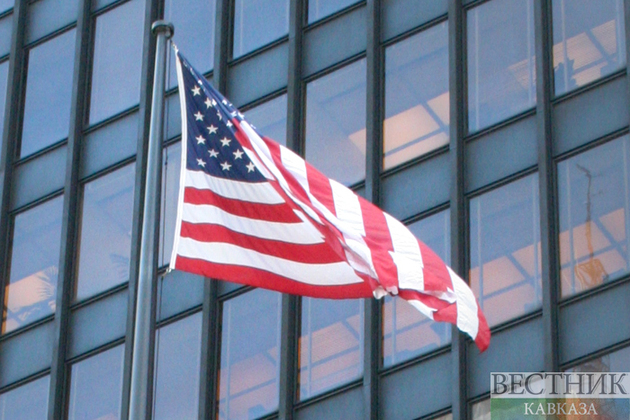The U.S. plans to increase the penalties for companies violating rules that limit export of products that threaten national security, an effort recently focused on countries including Russia and China, according to a top Biden administration official.
Likely potential changes include higher fines for firms that break the rules, earlier public disclosure of accusations of violations and more recognition of wrongdoing when companies settle their cases short of trial. The strategy was outlined in a speech by Matthew S. Axelrod, assistant secretary for export enforcement at the Bureau of Industry and Security, which is a Department of Commerce agency, Bloomberg reported.
The considered changes “will be designed both to protect our country from these growing nation-state threats and to hold those that don’t play by the rules accountable,” Axelrod said in the speech.
The planned changes are focused on cases of administrative enforcement by the BIS - a separate process from a Justice Department investigation that can involve criminal penalties.
The BIS is considering changes that include releasing letters with charges publicly when filed, rather than the current practice of waiting until after a case resolves, which can take years, so that other companies can see in real time what kind of behavior to avoid, Axelrod said.
It’s also mulling a requirement for companies that settle before a trial in order to avoid stiffer penalties to admit to facts of the case publicly. That would send a transparent deterrent message, rather than the current “no admit/no deny” settlements that don’t require an admission of misconduct, he said.
Thirdly, the BIS is looking at increasing penalty amounts to make sure that they are high enough to both punish rule-breakers and deter violators. The agency wants companies to invest in compliance rather than conclude in their cost-benefit analysis that they’d be comfortable running the risk of paying a small fine, Axelrod said.






